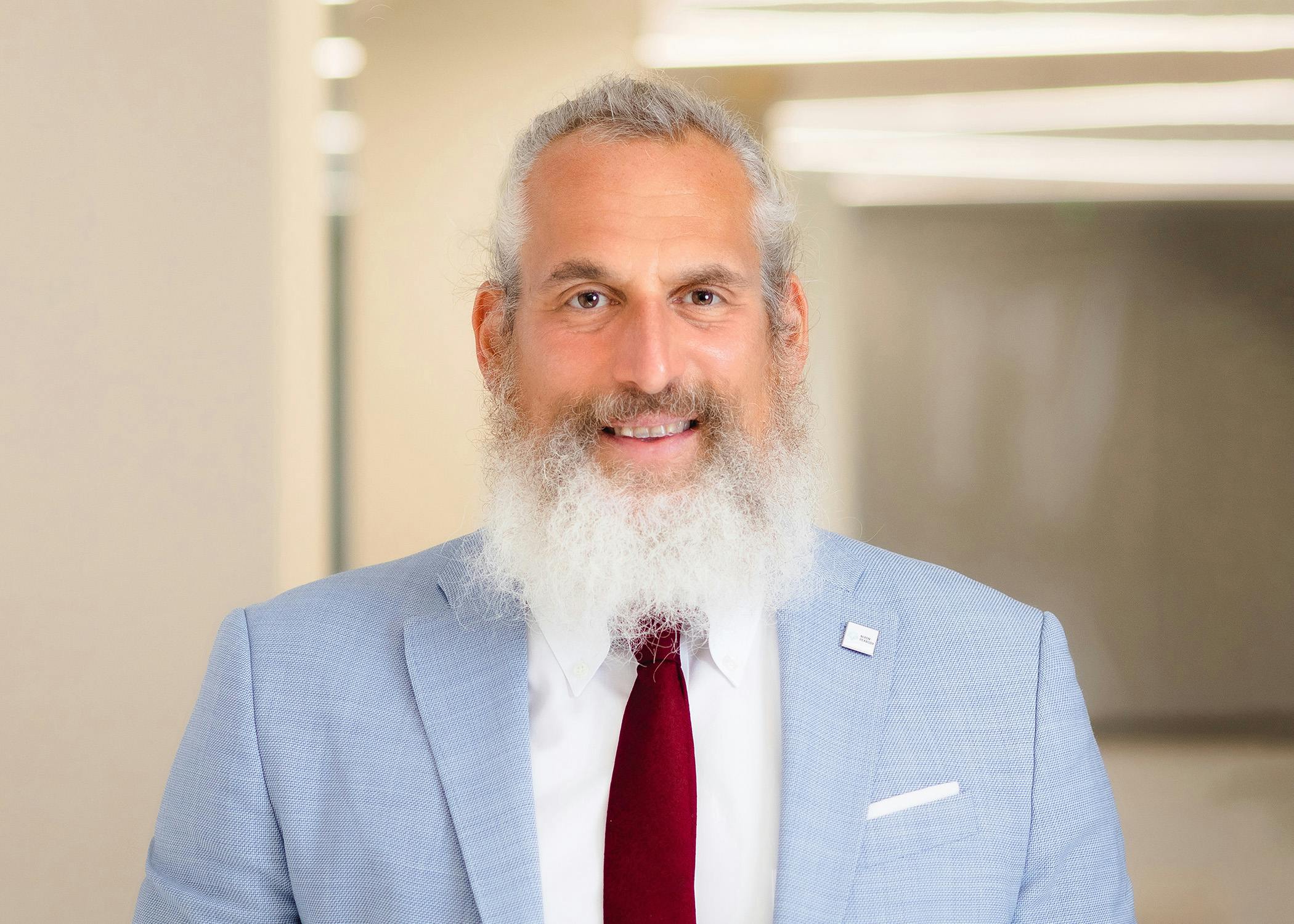The Small Business Administration (SBA) announced on September 7, 2021, changes to the COVID-19 EIDL (Economic Injury Disaster Loan) Program. These changes are aimed at supporting the American economy still being battered by the coronavirus pandemic, especially the recent Delta surge. Isabel Guzman, the head of the SBA, said in August, "We still have billions of dollars in relief in our COVID-19 EIDL program.” President Biden referenced these changes as “additional steps to strengthen our economic recovery” in his recent speech outlining his six-part plan to confront the pandemic, including new vaccine mandates. The changes have sparked increased interest by our clients in the EIDL Program.
The SBA changed the EIDL Program by expanding the size of the loan, the length of loan deferment, use of funds, and eligibility. These changes have made the program more attractive to many businesses and organizations who may have never contemplated seeking government relief funds under the previous structure.
Significant changes
The major shifts to the program include:
Increasing the cap on loans to $2 million (up from the previous $500,000 cap)
- For loans up to $500,000, the maximum eligible loan amount equals 2019 gross receipts/sales minus 2019 COGS (cost of goods sold) multiplied by 2 or $500,000, whichever is less
- Ability to repay determined by owner’s credit score (minimum credit score of 570 required)
- For loans in excess of $500,000, the maximum eligible loan amount is calculated by the SBA, including by performing a cash flow analysis to confirm ability to repay (and requires a minimum credit score of 625)
Changes to loan terms
- Collateral is not required on loans of less than $2,000
- For loans in excess of $25,000, a lien on all business assets
- For loans in excess of $50,000, in addition to the all asset lien, a best available mortgage on owned real estate
- Mandates a personal guaranty on all loans in excess of $200,000 (except for nonprofit organizations and ESOPs (employee stock ownership plans)
- Repayment deferred for 24 months
Expanded allowable uses of loan proceeds so that borrowers can pay:
- Non-federal debt incurred at any time, including pre-payments
- Regularly scheduled payments on federal debt
- Payroll
- Rent/mortgage
- Utilities
- Other ordinary business expenses
Expanded the scope of potential borrowers
- Simplified affiliation requirements; adjusted size standards for borrowers in hard hit industries, including restaurants, gyms, clothing retail, education, transportation, mining and hotels
- Created a $10 million cap for loans to a single corporate group
Pros and cons of EIDL loans
While some features of the new EIDL loans are attractive, businesses should carefully evaluate all features of the program before deciding to apply. One difference between EIDL loans and PPP loans is that the borrower applies for the EIDL loan and receives funds directly from the SBA, not a bank. The terms of the loans (30 years) and low interest rates (fixed 3.75% for for-profit businesses; 2.75% for private nonprofit organizations) are more analogous to larger corporate debt than small business loans. EIDL borrowers can also defer making payments for two years (during which, interest will accrue). Plus, the fees to apply for the loans are non-existent for small loans (less than $25,000) and very low for higher amounts. Borrowers should keep in mind, however, the requirement to pledge collateral for loans over $25,000 and the requirement to provide a personal guarantee for loans over $200,000.
Targeting smaller loans initially
The SBA is prioritizing smaller loans. Therefore, borrowers will only be approved for loans of up to $500,000 at this time. Borrowers seeking larger amounts can either apply for the full amount of their loan now and wait 45 days for a decision or apply for an initial $500,000 and then apply for an increased amount.
Unlike the Paycheck Protection Program (PPP) loans, which could have some or all of the loan proceeds forgiven, the COVID-19 EIDL loan will need to be repaid. However, given the improved terms of the program and increased scope of the loans, a loan could be a lifesaver, providing needed working capital for a wide range of businesses and nonprofits impacted by the pandemic. While the SBA has endeavored to make the application process easy, clients should carefully review their eligibility, loan qualification amounts, collateral/guarantee risk, repayment prospects, existing debt and commitments, and other factors when considering an EIDL loan. Nixon Peabody will be monitoring any additional changes to the program and the details of its implementation and is here to help navigate businesses as they consider their options regarding this program.




